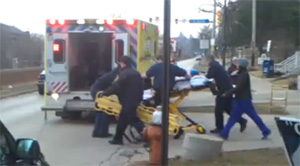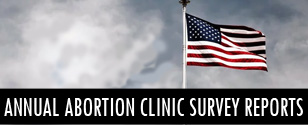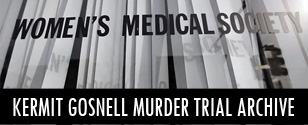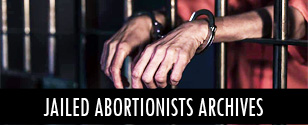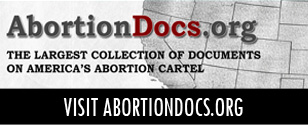WICHITA, KS (May 6, 2005) — Judge Warren M. Wilbert dismissed a suit Friday brought by Operation Rescue staff member Cheryl Sullenger under the Kansas Open Records Act requesting an audio file and an unredacted Computer Aided Dispatch (CAD) printout of an emergency call made by late-term abortionist George Tiller on February 17, 2005.
Tiller’s call summoned an ambulance to his abortion mill, Women’s Health Care Services, which then transported a patient to the Wesley Medical Center Emergency Room. Sullenger photographed the arrival of the ambulance at the hospital, including the image of an unidentifiable patient strapped to a gurney and completely covered in blankets from head to toe.
This emergency call came just one month after another patient, a 19-year old Down’s Syndrome girl from Texas, died from abortion-related complications at Wesley after being transported there from WHCS.
Operation Rescue obtained a copy of the January ambulance call but was denied a request for the February audio file. It is unknown if the February patient survived.
Judge Wilbert reviewed the unedited CAD transcript and ruled that Sullenger was not entitled to the redacted information citing patient privacy concerns. The judge agreed to also review the audio file, but County Attorney Ed Randels somehow “lost” his copy and could not produce it. Using an unusual clause in the KORA laws, the judge then ruled that Sullenger was not entitled to the audio file because it was never played at a public meeting.
“Of course, we believe that the judge has misapplied that section of the KORA laws. Under his logic, the televised broadcasts of recordings of County Commissioner meetings would be illegal because those recording were never played at a public meeting. It is a nonsensical ruling that could prohibit the release of any further 911 audio files, which were considered open record up until this ruling.”
Sullenger took issue with the judge’s concerns for patient privacy. “There are no patient privacy considerations here because the KORA laws clearly state that the patient must be clearly identifiable to for the records to qualify for exemption. If the patient’s name is mentioned, which we contend it is not, then the County need simply redact the patient’s name and then release the rest of the file uncensored. It should be that simple.”
But Sullenger suspects there is more to this than meets the eye. “I can’t help but think that these people are covering up for Tiller, who is a politically influential man. If there is no impropriety, why go to such great lengths to prevent the public from inspecting these records? It is all very suspicious behavior.”
Sullenger is represented by Kansas City attorney David Graham, who is considering an appeal.



